
You finally did it; you got your dream tattoo! The lines and colors are crisp, and you happily show it off. But then you begin to notice that the redness after your appointment hasn’t faded, and your skin surrounding your ink is swelling. This could be a sign that your tattoo is infected. Now what?
First of all, it’s important to distinguish between a tattoo that’s just going through the healing process, and a tattoo that has been compromised by bacteria.
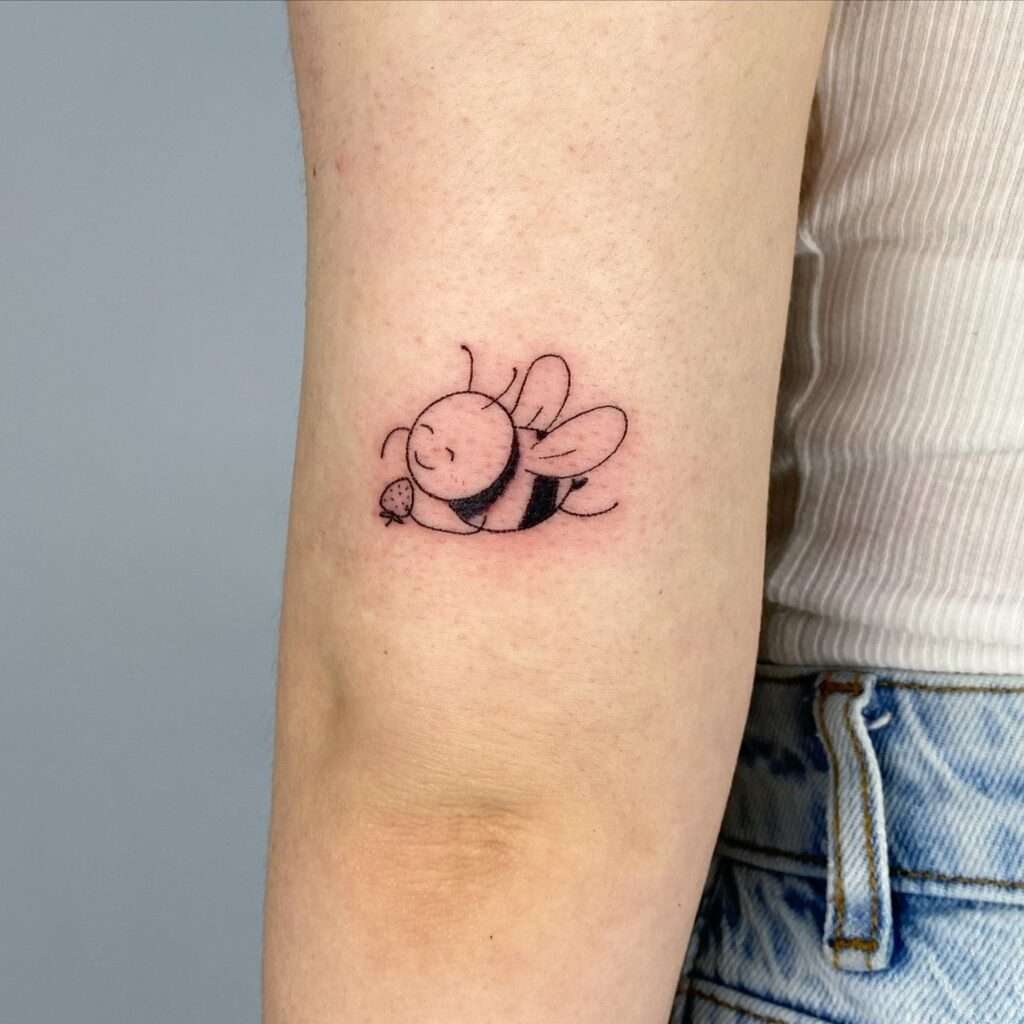
The Differences Between A Healing Tattoo And An Infected Tattoo
When you get a tattoo, you’re basically getting a wound. The tattoo needle is puncturing your skin to insert ink. So, your body will respond to this as it would if you got a scrape. Your skin will get red as the healing process begins.
“It’s normal in the tattoo healing process to have some redness, swelling, and inflammation, but if those factors progress or occur for more than a few days, you likely have an infection,”
Removery Tattoo Removal And Fading
It can take up to six months for a tattoo to be 100% healed. You know the process is done when you run your fingers over your tattoo and you don’t feel a difference between your tattoo and the surrounding skin.

You’ll be able to tell whether or not your fresh tattoo is infected if your symptoms are still with you after a week or two.
The common signs of tattoo infection to look out for include:
- Burning sensations
- The tattoo is painful to touch
- Pus and oozing that lasts longer than two days after your tattoo appointment
- Fever and chills
Go To The Doctor, Don’t Try And Treat It At Home
Just slathering on some antibacterial ointment at home isn’t going to help against an infection that has set into your tattoo. In fact, by trying to treat the infection at home, you’re giving the bacteria time to spread and worsen.
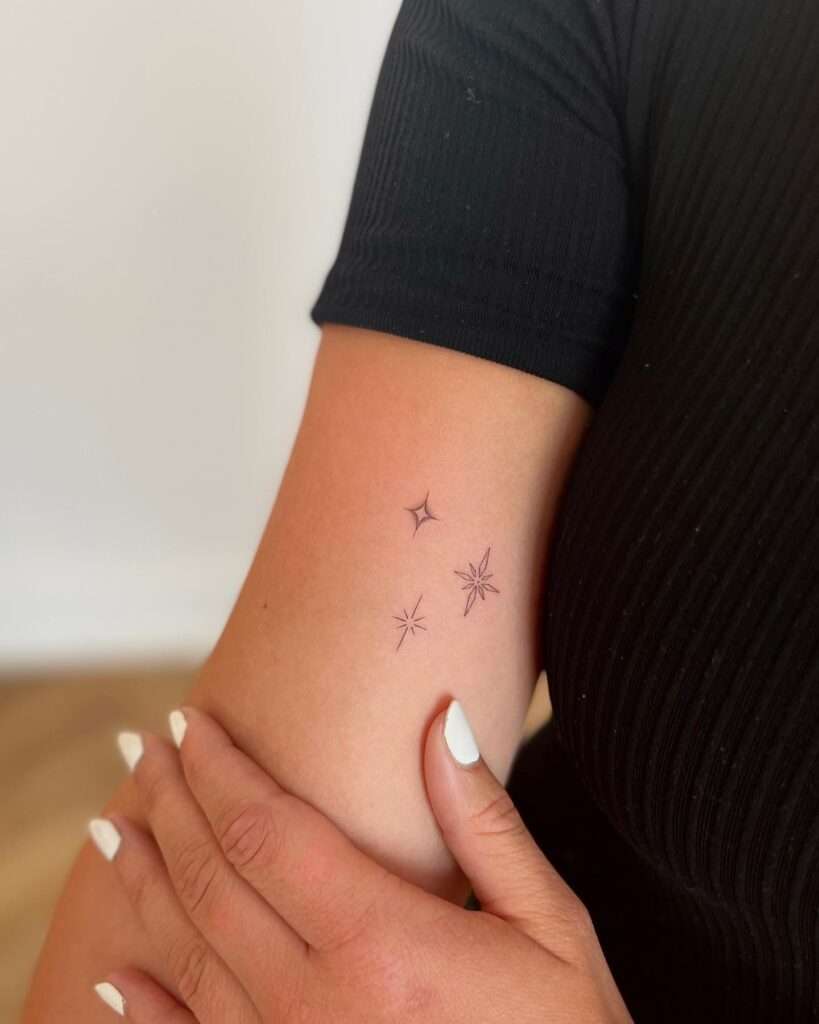
If you’re experiencing the above symptoms and think that your tattoo may be infected, go to your doctor. By catching a tattoo infection early on, you can prevent tattoo scarring or discoloration.
Not only that, but a doctor can prevent the infection from spreading because they can get you on the meds you need straight away.
“By seeing a medical expert immediately, you protect yourself from a number of harmful variables, such as misdiagnosing the problem, allowing the infection to get progressively worse, and stopping any cosmetic damage to your actual tattoo,”
Byrdie
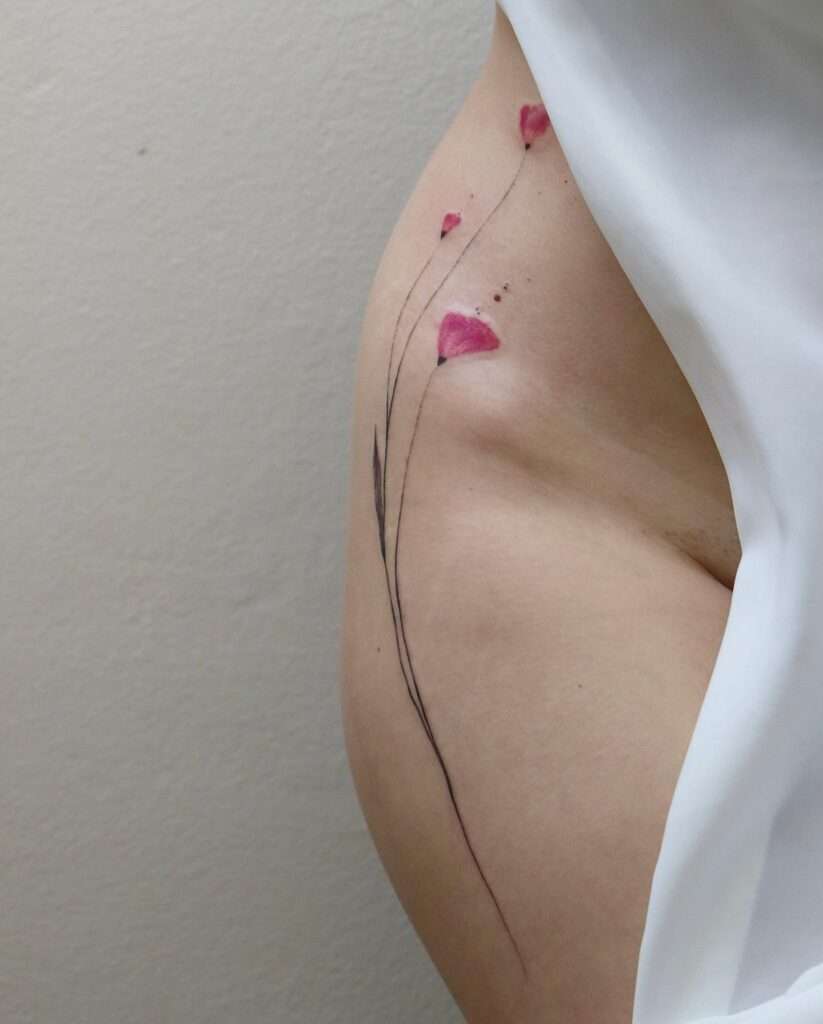
The Causes Of Tattoo Infections
Bacteria getting into your wounded skin is the main cause of tattoo infection. There are many situations that can invite bacteria to set up shop in your ink.
Swimming
There is a ton of bacteria in the ocean, lakes, dams, pools, and hot tubs. Diving into these watery places can lead to an infection.
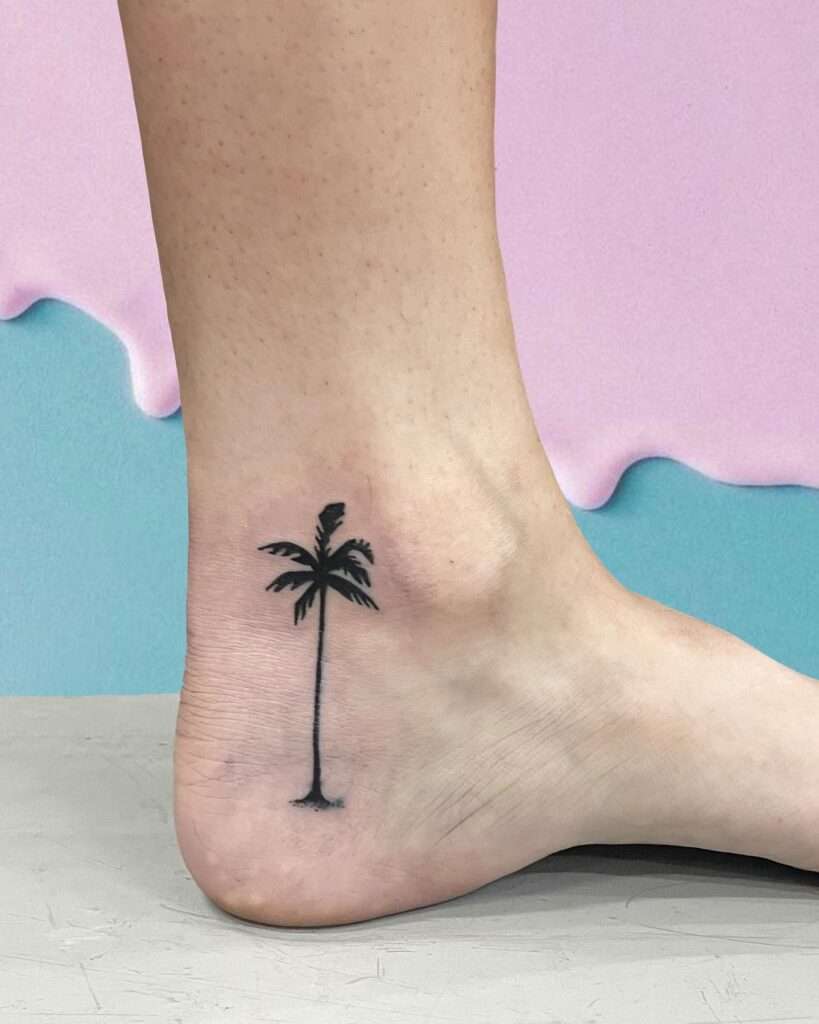
Getting Tattooed By An Unlicensed Artist
One of the best things you can do to ensure you love your tattoo and mitigate the risks associated with getting tattooed is to go to a professional tattooist.
“Professional tattoo artists will, and should, always follow The Universal Precautions because of their inherent contact with blood and knowledge of bloodborne pathogens. Consequently, they will use sterile, single-use needles to ensure the safety of their customers,”
Sorry Mom Shop
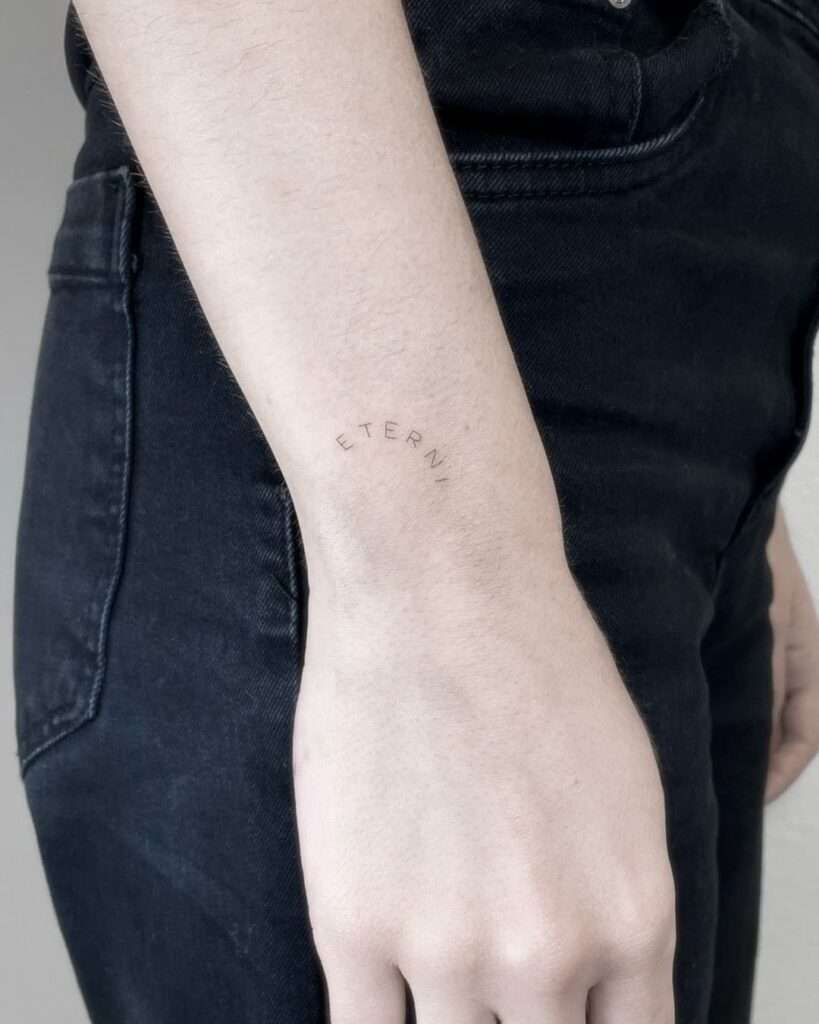
Forgetting About Aftercare
After your tattoo is complete, your artist should give you a step-by-step guide on how to look after your ink while it heals. This will include washing your new tattoo with gentle soap and keeping it moisturized and out of the sun. Failure to stick to these instructions could result in an infection.
Picking And Scratching Your Tattoo
A tattoo in the process of healing can be itchy. You’ll have the urge to scratch and pick at the forming scabs. Resist doing this. Opening up the wound invites bacteria into your skin.
Also, when you dry your tattoo after washing it, don’t rub it with a towel – the friction can open the skin again. Instead, use a few paper towels or soft cloth to dab your tattoo.
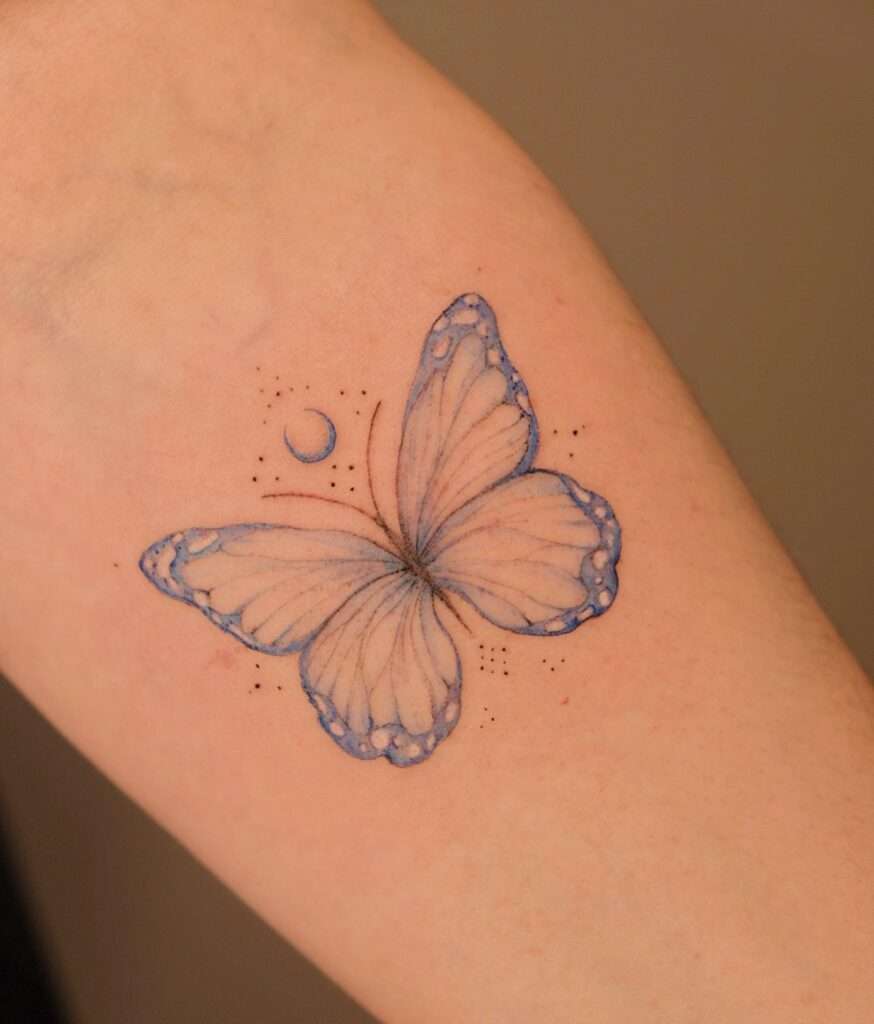
Tattoo Ink
The ink can be contaminated before it’s even in your skin. Harvard Health explains,
“The FDA considers tattoo ink to be a cosmetic product. Although it is supposed to approve these inks before they can be marketed…it only responds if a problem occurs.”
When you chat to tattoo artists, ask about the ink that they use to ensure it’s top quality.
How To Prevent Tattoo Infections
Keep It Clean And Let It Breathe
You’ll most likely walk out of the tattoo studio with your tattoo wrapped. You can remove it after a couple of hours. Then, you don’t need to wrap it again – fresh air will help the healing process.
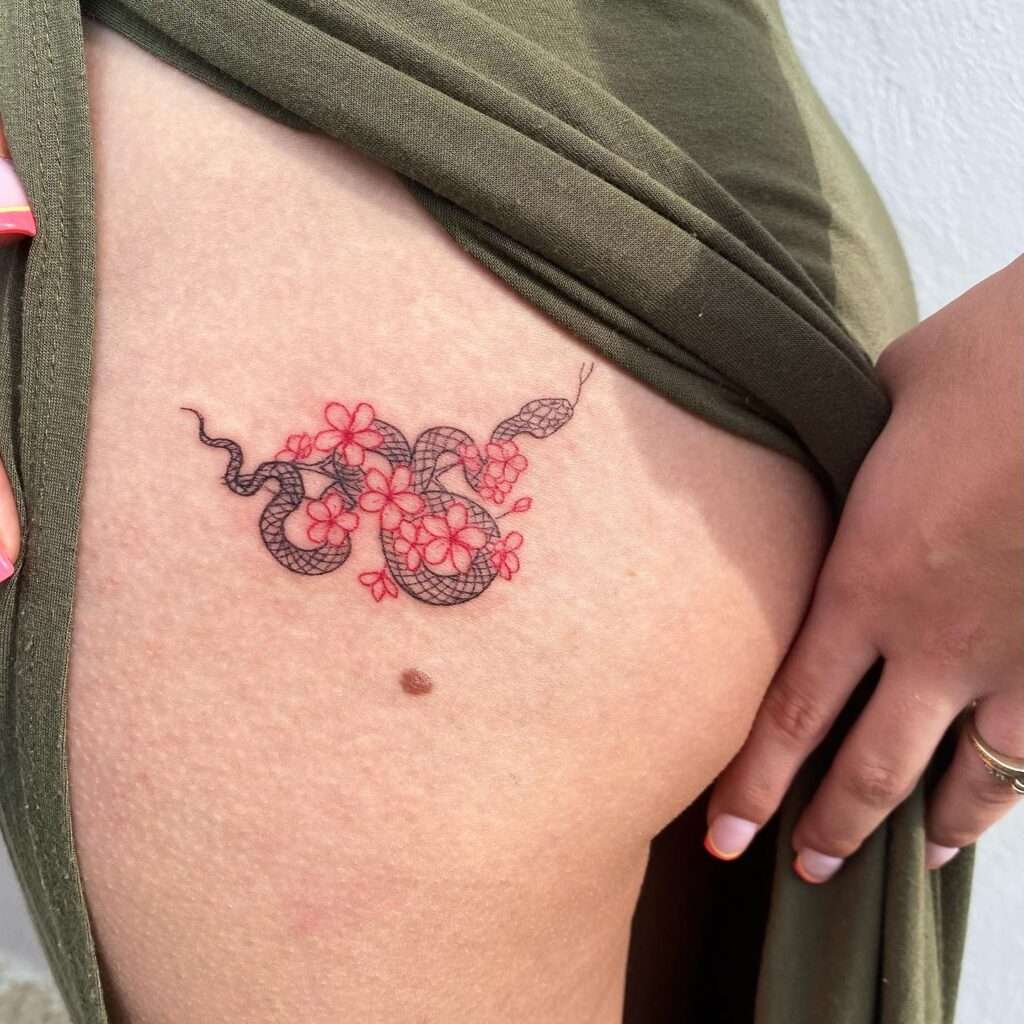
Think About Your Tattoo Placement Choice
That’s right, where you get your tattoo can impact the healing process. Armpits, the crease of the elbow, and behind the knees are examples of placements that can get moist quickly, which can slow down the healing process.
“Anywhere skin tends to stretch or bend on the body may be worth avoiding, due to the fact the movement can make it difficult for tattoos to heal properly.”
Bustle
Go To A Professional
Yes, a professional tattooist will cost more than someone inexperienced, but the extra money is worth it. Take the time to save enough money to go to a professional artist whose work you love, and increase the chances of having a comfortable, worry-free tattoo experience.
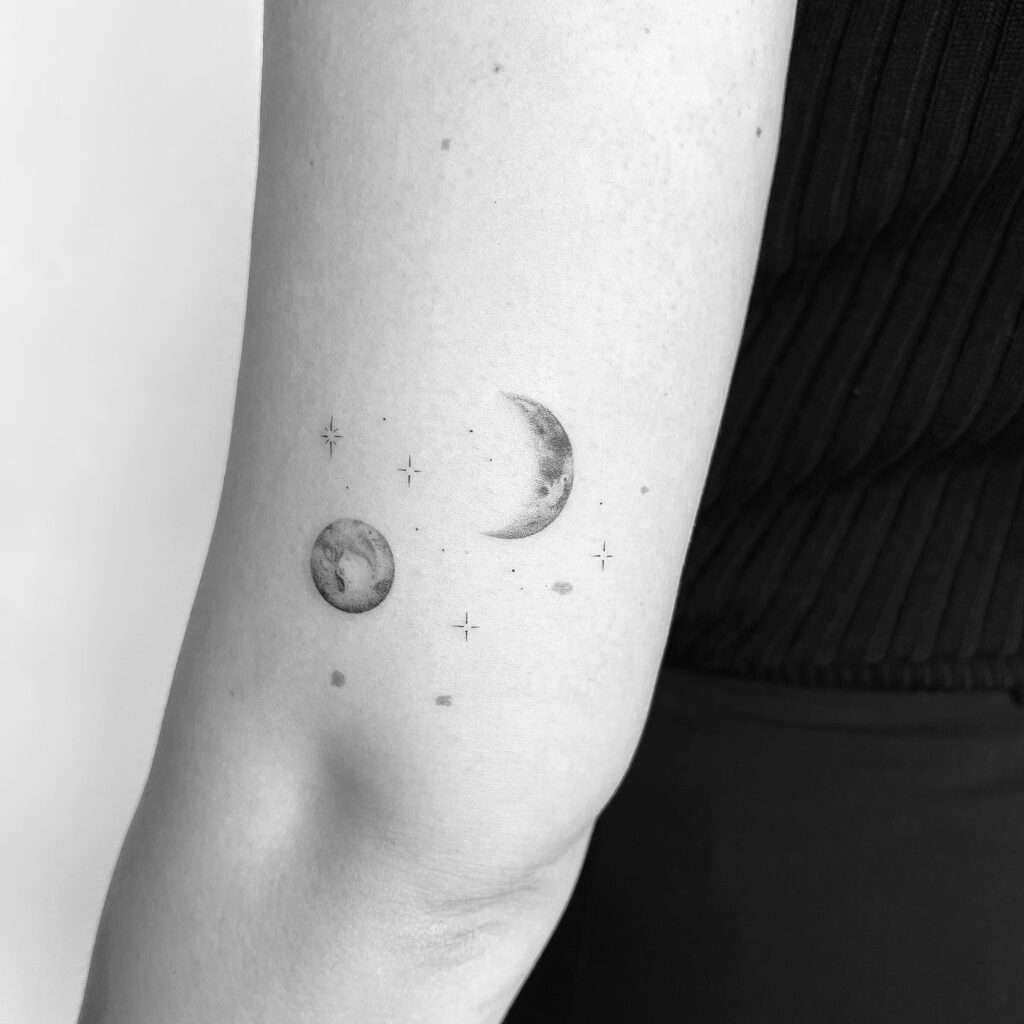
Long Term Effects Of Tattoo Infection
An infection can have a lasting impact on your tattoo if not caught and treated in time. Colors can lose their saturation quickly, lines can blur, and scar tissue can distort the design.
No matter if your new tattoo is your very first inking, or one of many, take care of it and avoid an uncomfortable infection.

